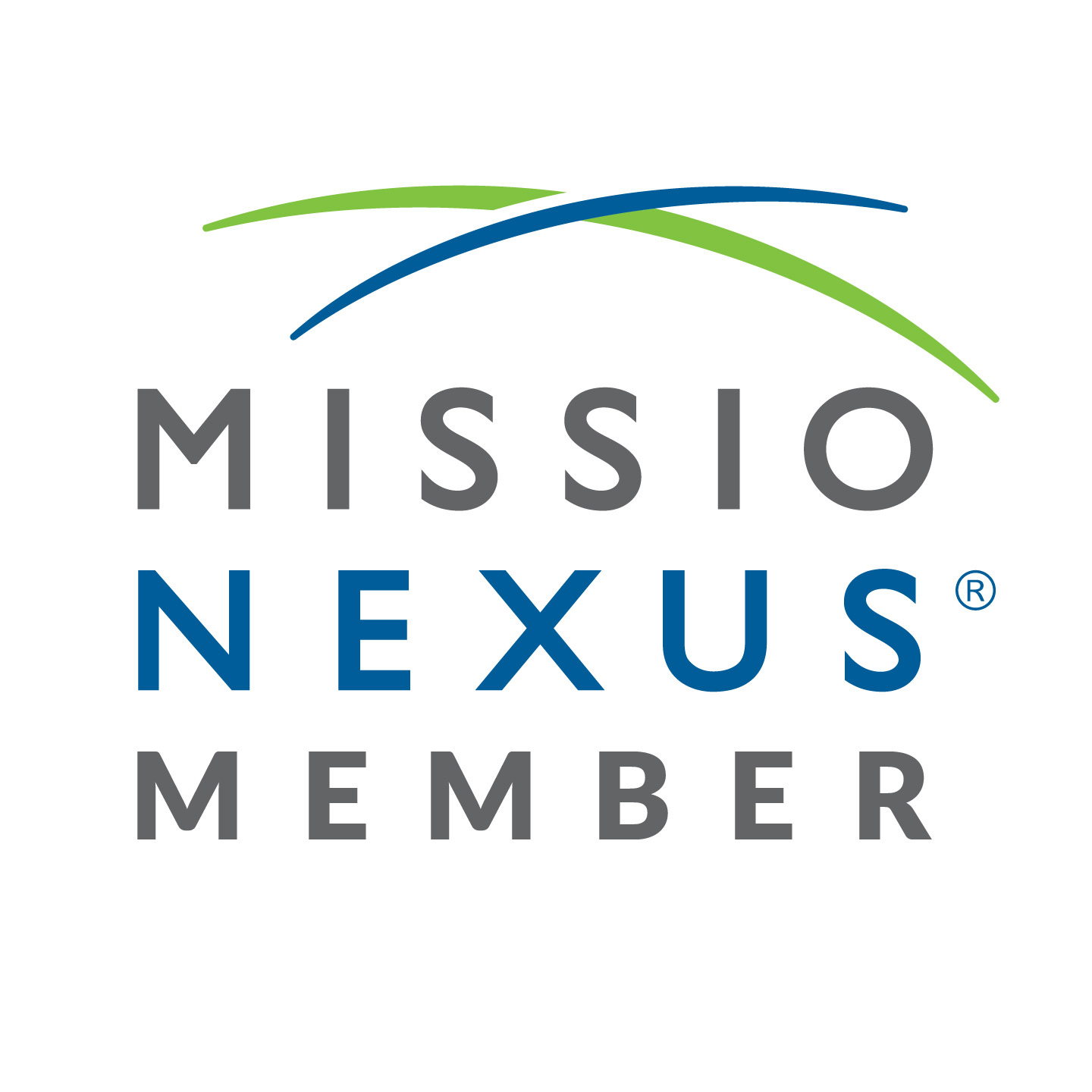As we approach the end of the year, we wanted to remind you of some tax-advantaged opportunities for charitable giving that are available in addition to regular monetary contributions. Utilizing appropriate tax-advantaged giving methods can represent wise stewardship.
Gifts of appreciated assets
Gifts of certain types of noncash items that have appreciated in value while you have owned them offer potentially significant tax advantages. When you give appreciated assets such as real estate, publicly traded stock, or virtual currency that you have held for more than one year, you can typically qualify for a deduction based on the full fair market value of the asset given, without having to pay income tax on the appreciation of the asset.
This avenue of giving is especially beneficial for tax-exempt organizations, as they can sell these gifted assets without paying tax on the gain. The lack of taxation on the gain when this type of gift is made typically results in both a maximum tax deduction for the donor and maximum funds available to the organization.
Qualified charitable IRA distributions
If you are age 70½ or older, you may have the opportunity to contribute funds directly from your traditional (non-Roth) individual retirement account (IRA) to a qualifying charitable organization, sometimes referred to as a “qualified charitable IRA distribution.”
This giving method allows you to distribute up to $100,000 in 2023 from your traditional IRA account directly to a qualifying organization such as Church Ministries International without paying income tax on the distribution (the limit of $100,000 will be indexed for inflation in future years).
To qualify, the distribution must be transferred directly from your IRA account to the qualifying organization, you cannot withdraw the funds yourself and then make the gift. Additionally, if you are retired and 72 years of age or older, qualified charitable IRA distributions typically count toward your annual required minimum distributions.
If you are interested in giving to a charitable organization from your traditional IRA account, your IRA account administrator can provide information about making a qualified charitable IRA distribution.
In addition to the giving methods described above, there are other tax-advantaged nontraditional giving methods available such as charitable gift annuities that can provide retirement income and help to organizations you care about. Your tax advisor can help you determine the best ways to accomplish your giving objectives while being wise about tax and other relevant implications.
Gifts of appreciated assets
Gifts of certain types of noncash items that have appreciated in value while you have owned them offer potentially significant tax advantages. When you give appreciated assets such as real estate, publicly traded stock, or virtual currency that you have held for more than one year, you can typically qualify for a deduction based on the full fair market value of the asset given, without having to pay income tax on the appreciation of the asset.
This avenue of giving is especially beneficial for tax-exempt organizations, as they can sell these gifted assets without paying tax on the gain. The lack of taxation on the gain when this type of gift is made typically results in both a maximum tax deduction for the donor and maximum funds available to the organization.
Qualified charitable IRA distributions
If you are age 70½ or older, you may have the opportunity to contribute funds directly from your traditional (non-Roth) individual retirement account (IRA) to a qualifying charitable organization, sometimes referred to as a “qualified charitable IRA distribution.”
This giving method allows you to distribute up to $100,000 in 2023 from your traditional IRA account directly to a qualifying organization such as Church Ministries International without paying income tax on the distribution (the limit of $100,000 will be indexed for inflation in future years).
To qualify, the distribution must be transferred directly from your IRA account to the qualifying organization, you cannot withdraw the funds yourself and then make the gift. Additionally, if you are retired and 72 years of age or older, qualified charitable IRA distributions typically count toward your annual required minimum distributions.
If you are interested in giving to a charitable organization from your traditional IRA account, your IRA account administrator can provide information about making a qualified charitable IRA distribution.
In addition to the giving methods described above, there are other tax-advantaged nontraditional giving methods available such as charitable gift annuities that can provide retirement income and help to organizations you care about. Your tax advisor can help you determine the best ways to accomplish your giving objectives while being wise about tax and other relevant implications.


